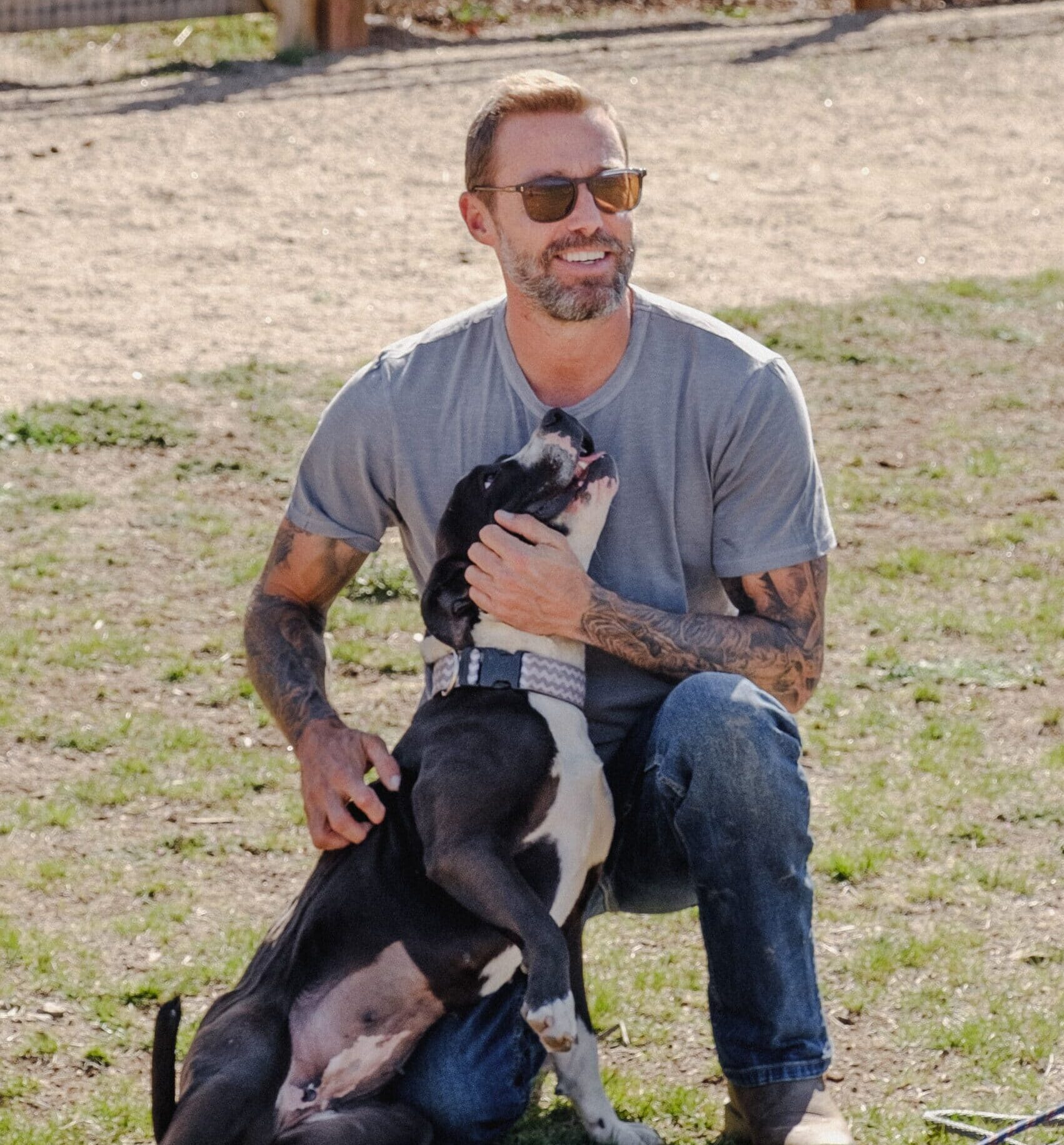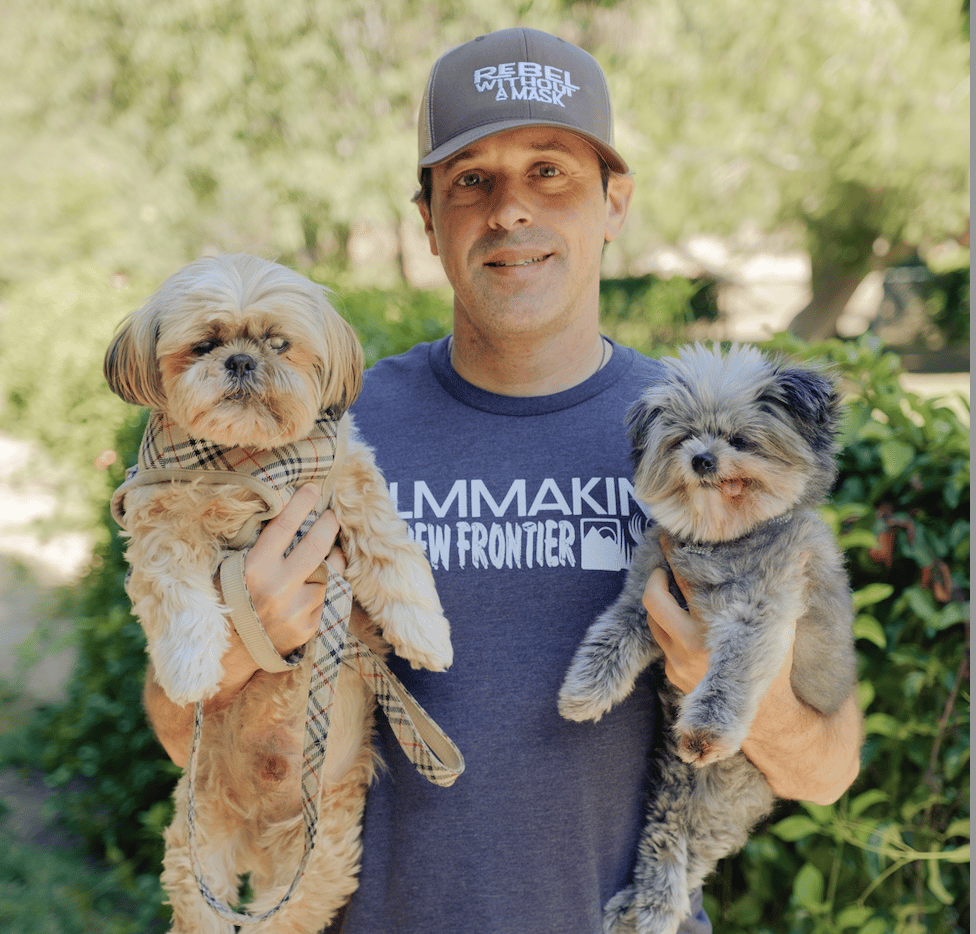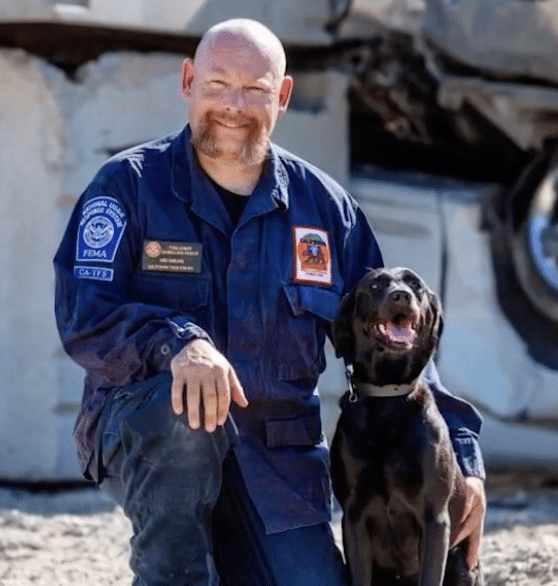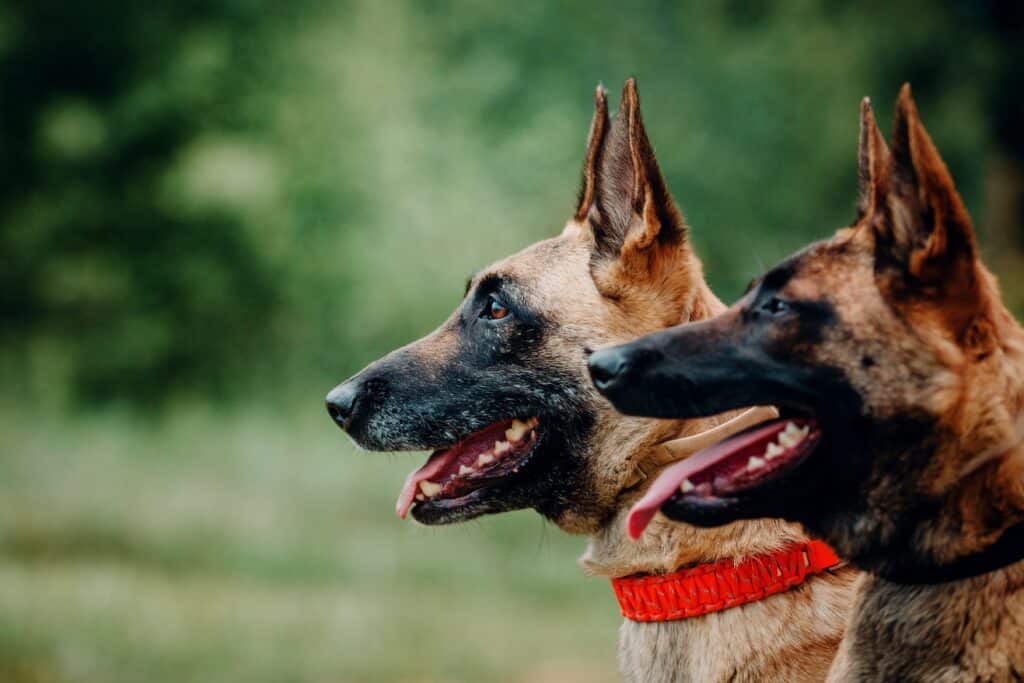The big news coming from this study: You can’t judge a dog by its breed!
The findings from the study, a series of 18,285 owner surveys plus sequencing the genomes of 2,155 dogs, show that breed alone is not a reliable indicator for predicting some dog behaviors. According to the researchers, one of the clearest takeaways is that a dog’s breed has no discernible effect on a dog’s reactions to something it finds new or strange.
Breeds can in fact predict some things. According to Elinor Karlsson of the Broad Institute and the University of Massachusetts Chan Medical School and one of the authors of the report, if you adopt a Border Collie, for example, the probability that it will be easier to train and will be interested in toys “is going to be higher than if you a adopt a Great Pyrenees.”
On average, the study found that breed accounts for about 9 percent of the variations in any given dog’s behavior. Furthermore, there weren’t any behaviors restricted to specific breeds. Interestingly, though, the study found that howling was definitely more associated with breeds like Siberian Huskies.
Evan Maclean, the director of the Arizona Canine Cognition Center at the University of Arizona who was not involved in the study, said, “This is one of the first papers to really do impressive dog genomics work using mixed breed dogs.” These dogs have such variety that it makes genetic comparisons more powerful, he said, but they have been excluded from a lot of earlier studies. “And this paper just shows how valuable those populations can be,” he added
You can read the entire article, reported in the New York Times on April 28, 2022, here. The results of the study were published in Science Magazine and can be reviewed here.
subscription
LOVE, DOG








